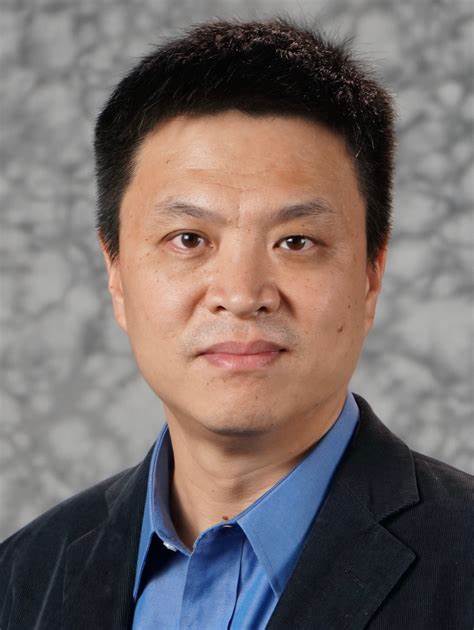
“Learning and Predicting Human Intentions Through Interactions” by Dr. Fumin Zhang and Dr. Ningshi Yao
Abstract: One of the most challenging problems for robot to effectively interact with human is the lack of predictive models for human Intentions. The research community is making tremendous effort in developing learning algorithms and feedback control methods that are able to adapt to individual differences and, at the same time, to tolerate temporary abnormalities. This talk will focus on how to recognize and predict human intentions when a robot may have an opportunity to trigger reactions from a human subject repeatedly. We will discuss models for human pointing motion, human feature detection, and a class of expert based learning algorithms that have been applied to human robot interaction in experiments. We develop the Georgia Tech Miniature Autonomous Blimp (GT-MAB) as flying vehicles for indoor experiments that support safe interaction between human and flying robots. The GT-MAB has relatively long flight duration up to two hours per battery charge. Furthermore, the blimps are naturally cushioned and do not cause any pain when collide with human. It offers a fun experience that often encourage physical contacts with humans.

Bio: Dr. Fumin Zhang is Professor in the School of Electrical and Computer Engineering at the Georgia Institute of Technology. He received a PhD degree in 2004 from the University of Maryland (College Park) in Electrical Engineering, and held a postdoctoral position in Princeton University from 2004 to 2007. His research interests include mobile sensor networks, maritime robotics, control systems, and theoretical foundations for cyber-physical systems. He received the NSF CAREER Award in September 2009 and the ONR Young Investigator Program Award in April 2010. He is currently serving as the co-chair for the IEEE RAS Technical Committee on Marine Robotics, associate editors for IEEE Journal of Oceanic Engineering, Robotics and Automation Letters, IEEE Transactions on Automatic Control, and IEEE Transactions on Control of Networked Systems.

Bio: Dr. Ningshi Yao is currently a Postdoctoral Fellow at Georgia Tech and will be joining the Department of Electrical and Computer Engineering at George Mason University as an Assistant Professor starting from August 2021. She received her Ph.D. degree from the School of Electrical and Computer Engineering at Georgia Tech in 2020. She received the B.S. degree in Automatic Control from Zhejiang University, China, in 2014. Her research interests include control and scheduling co-design, real-time scheduling, cyber physical system and human robot interaction.
